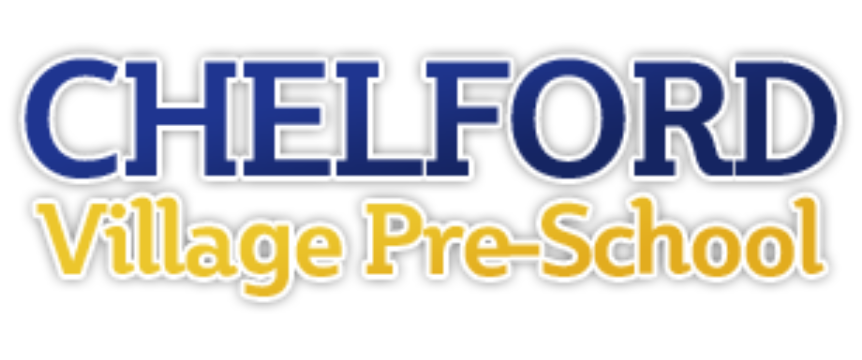Our Learning Programmes
Little Wandle Foundation Phonics
“Reading floats on a sea of talk”. James Britton.
Children cannot read if they cannot speak. In Preschool, it is tempting to get children to learn to read early, but we must remember that the best foundations for learning to read are built through talking, songs and rhymes, and sharing books.
Our setting has chosen to use the Little Wandle Foundations for Phonics programme to give every child the best possible start to their reading journey, and we hope that the following information will explain a bit more about what phonics teaching looks like in preschool, and how it is preparing your child for their onward journey in reception.
Our job in Preschool is to get children ready for their phonics learning in reception.
So, what is phonics?
Phonics is making connections between the sounds (phonemes) of our spoken words and the letters that are used to write them down (graphemes).
At Preschool we are helping our children to learn and practice the skills they will need to make connections between sounds and letters, formal phonics teaching does not start until reception.
So, what do we do to get our children ready for phonics learning in reception?
- We do help children recognise what a phoneme is, remember this is the sound.
- We do not teach children to recognise the letters that are used to write them down.
The Little Wandle Foundations for Phonics Programme has 2 key focuses, to help children tune into the phonemes (letter sounds).
- Rhyme Time Activities - which we carry out with the whole group.
- Tuning into Sounds – which we carry out with children in their final preschool year.
Rhyme Time Activities
Songs and rhymes are a great way to increase children's awareness of rhyming, which is a key part of phonological awareness. What's more, research has shown that children who learn nursery rhymes with their caregivers go on to become better readers.
In Preschool as well as singing rhymes regularly, we look on 3-4 core rhyme each half-term, and we deliver daily activities connected to our core rhyme which focus on developing key listening skills, recognising syllables, and enjoying rhymes and alliteration.
Tuning into Sounds
For children to learn anything well, they need to listen. As you can imagine, this is particularly true for learning to hear sounds!
With our children in their final preschool year, we plan daily activities where we play listening games to really focus on hearing individual phonemes sounds, we focus on a different group of phoneme sounds each half-term.
We develop children’s phonemic awareness by focusing on the first sound (or initial sound) in words. One way to do this is by playing alliteration games. Alliteration is when words start with the same sound, for example, the big blue boat or the huge hungry horse. Alliteration helps children hear the different sounds in words and can be a lot of fun!
We also look at oral blending games. Oral blending is when we get children to put sounds together in their heads to make a word, for example, b – u – s . . . bus.
When children learn to read, they learn to do just this, to read the individual sounds and blend them together. Oral blending is like the dress rehearsal for reading. It is such an important skill that we do lots of practice in preschool and would love you to practice at home.
“Can you t – a – p your tummy?”
“Put on your c – oa - t and we can go see grandma!”
“Brush your t-ee-th and then we can read a story together”
Squiggle & Wiggle Early Writing
“Repeated movements help to strengthen the neural pathways that run between the brain and the body”. Sally Goddard Blythe.
Squiggle is an exciting music and movement programme that supports children to develop the skills they need for early writing. During squiggle sessions children are combining the use of large and small body movements to develop and practice these skills. Most importantly we are having fun, and our daily sessions give us a good excuse to turn up the music, anything from Abba to Rizzle Kicks!
Essentially the children learn the key movements for writing in a simple ‘dance’ and immediately after we draw the ‘dance’, either with pens and pencils, or by sensory mark-making in shaving foam or paint. Our dance might focus on up, down, side-to-side movements which help children to develop the necessary skills to draw make marks such as I, l or t. We might focus on making circles, which helps to build children’s foundations for c, o, a and d, or even ‘The Hump’ for m, n, r and u.
Just like letters and sounds, we do not teach the written letter, we just practice the movements so children are ready for formal teaching in reception.
Click on the links below to see YouTube videos of Squiggle and Wiggle in action:
Wellcomm Speech & Language Screening
Wellcomm is a toolkit developed by the NHS and Speech and Language professionals to support children’s speech and language in the early years.
Thanks to generous funding from the Chelford Educational Trust, we have been able to purchase this programme and train staff to deliver the screening and interventions.
Young children's language develops rapidly, so when they experience any difficulties, the gap between them and their peers can widen rapidly too. Being about to recognise and respond early to any problems is crucial in making a difference to children’s performance, confidence and well-being. Wellcomm is beautiful in its simplicity, and we use the toolkit to screen children’s speech and language development each term, and put immediate targeted support and interventions in place where required.
If you have any questions about how we are delivering Wellcomm in our setting, or if you have any concerns around your child’s speech and language development, please speak to a member of the team.
